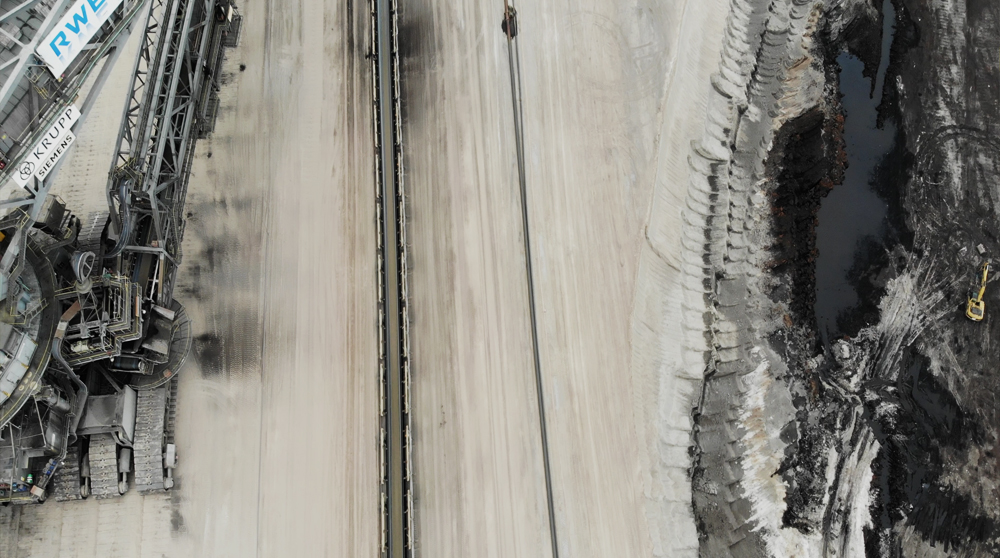
A new Fresh Face – our monthly series with KONKAV! After his Bachelor Art Academy, documentary filmer and visual artist Xavier van Delft studied in England. Here he came in contact with visual narratives in the form of short docs. He noticed that this was the pure essence of what he wanted to do. He has a diverse portfolio having worked on fiction films, commercials, TV programs.
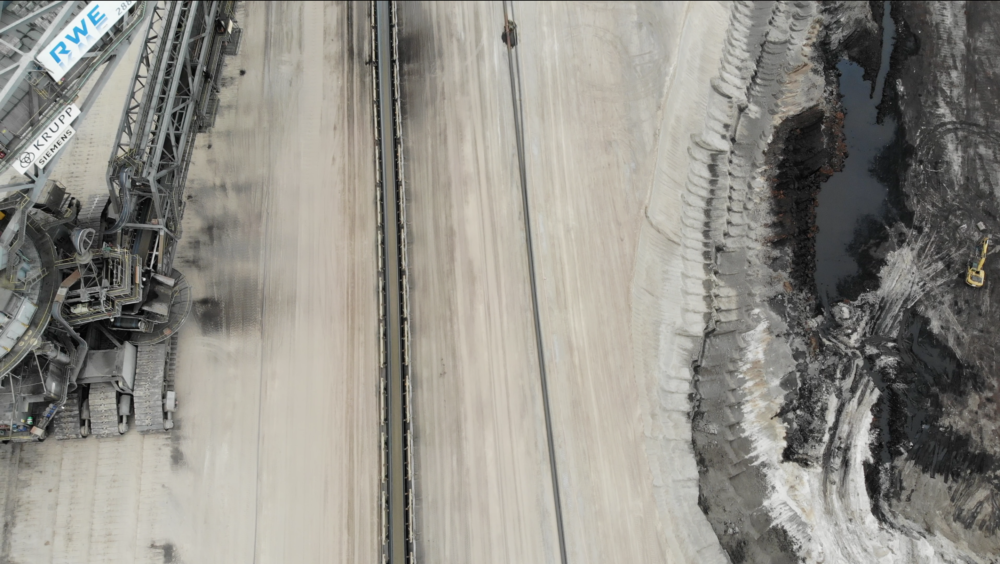
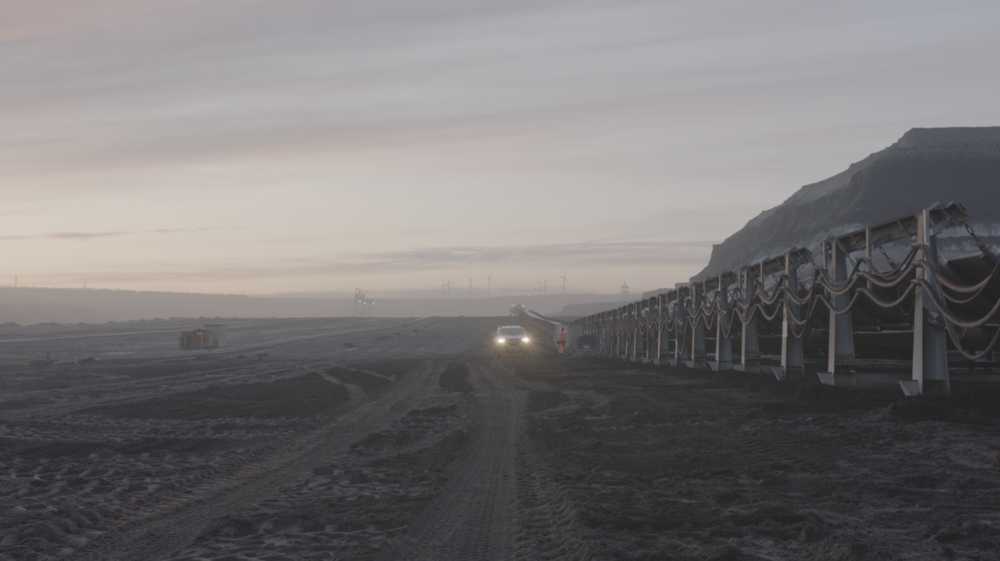
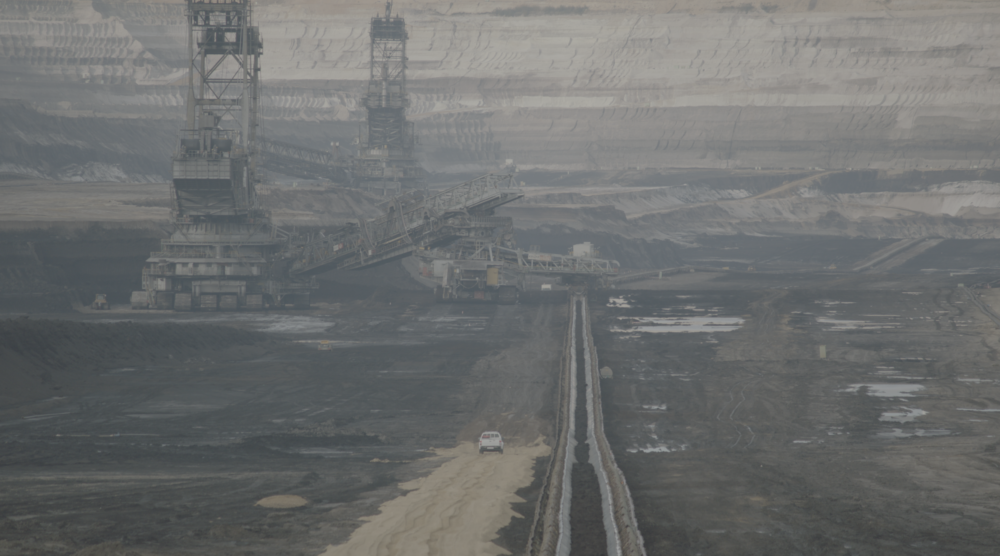


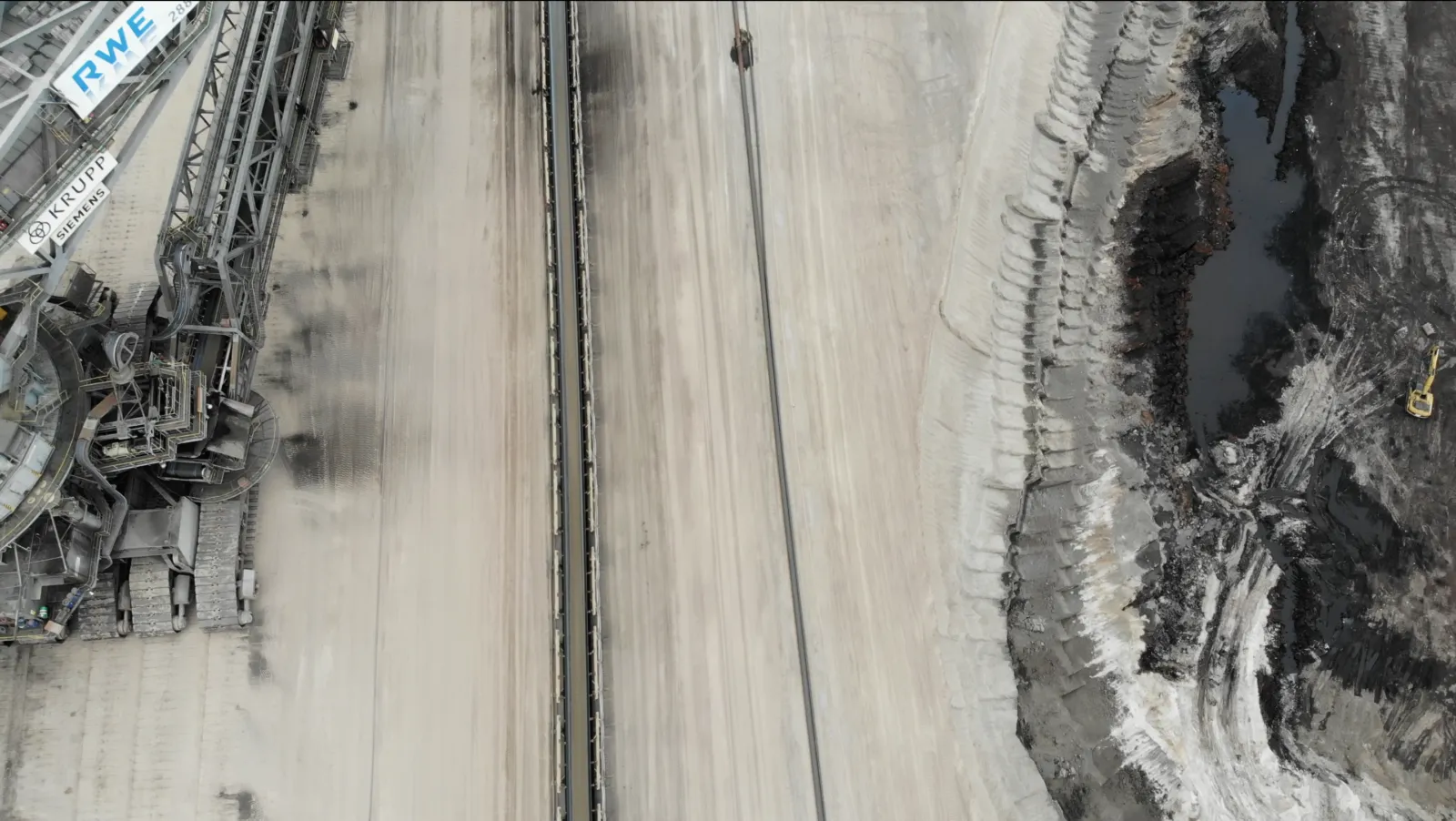
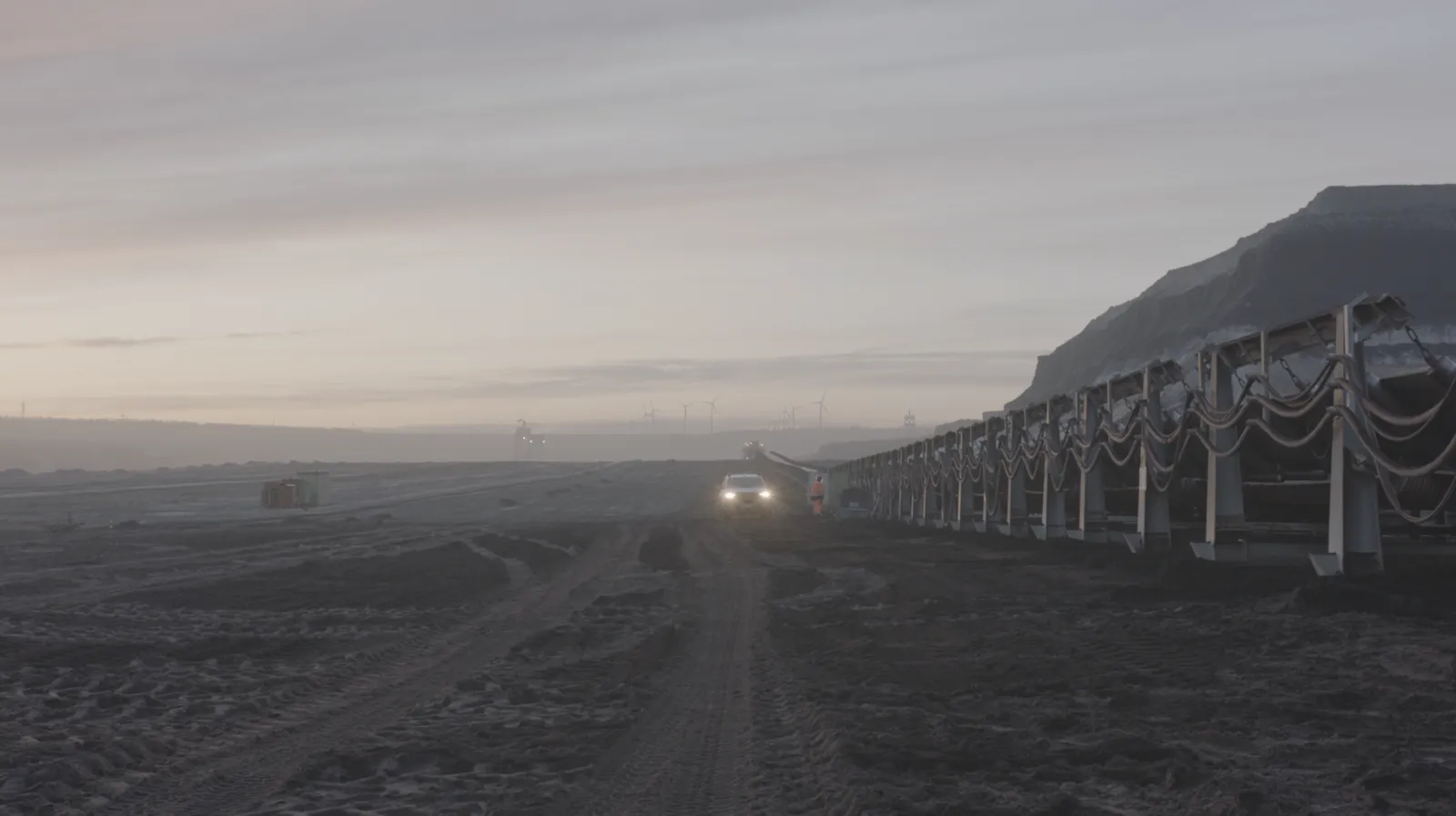
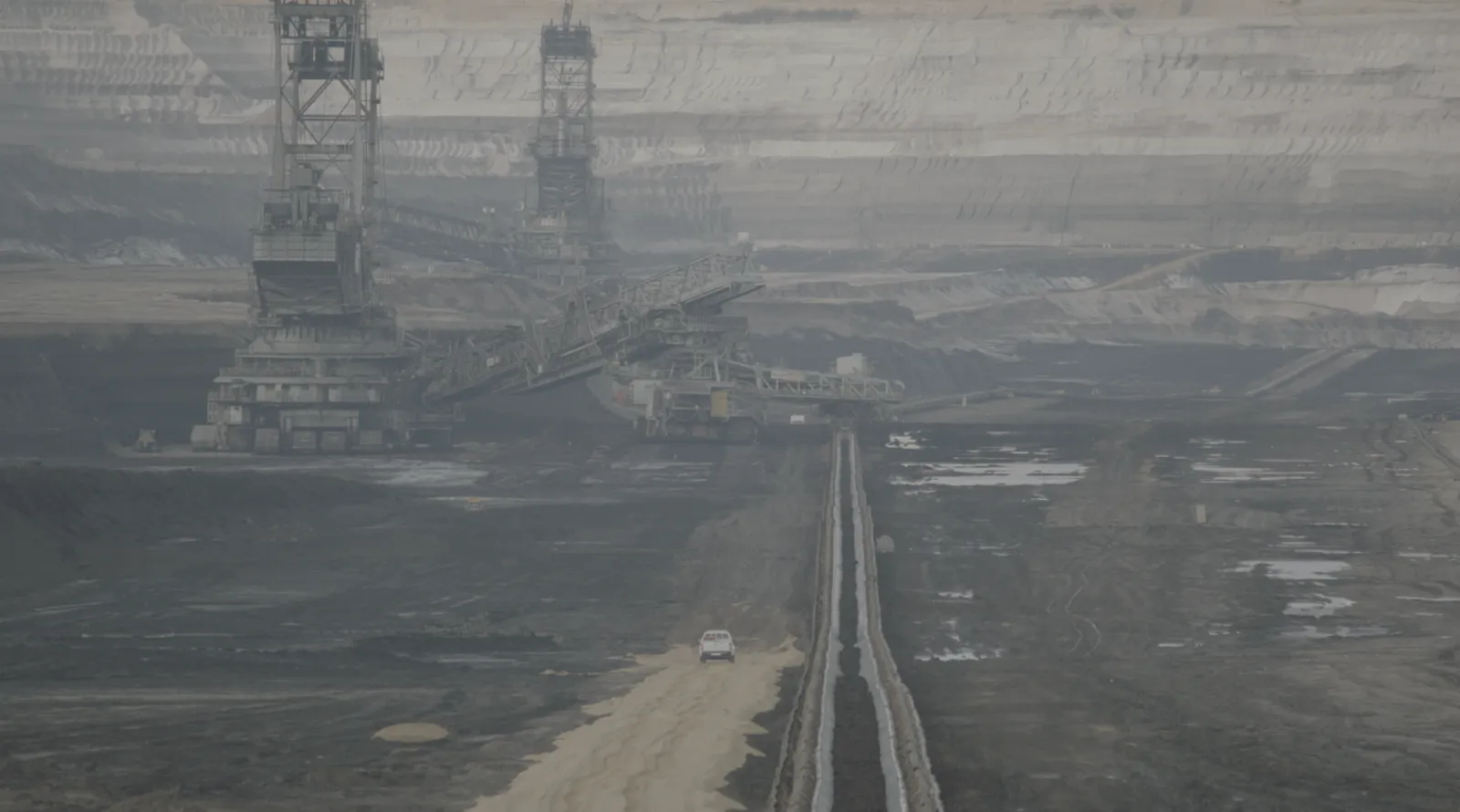
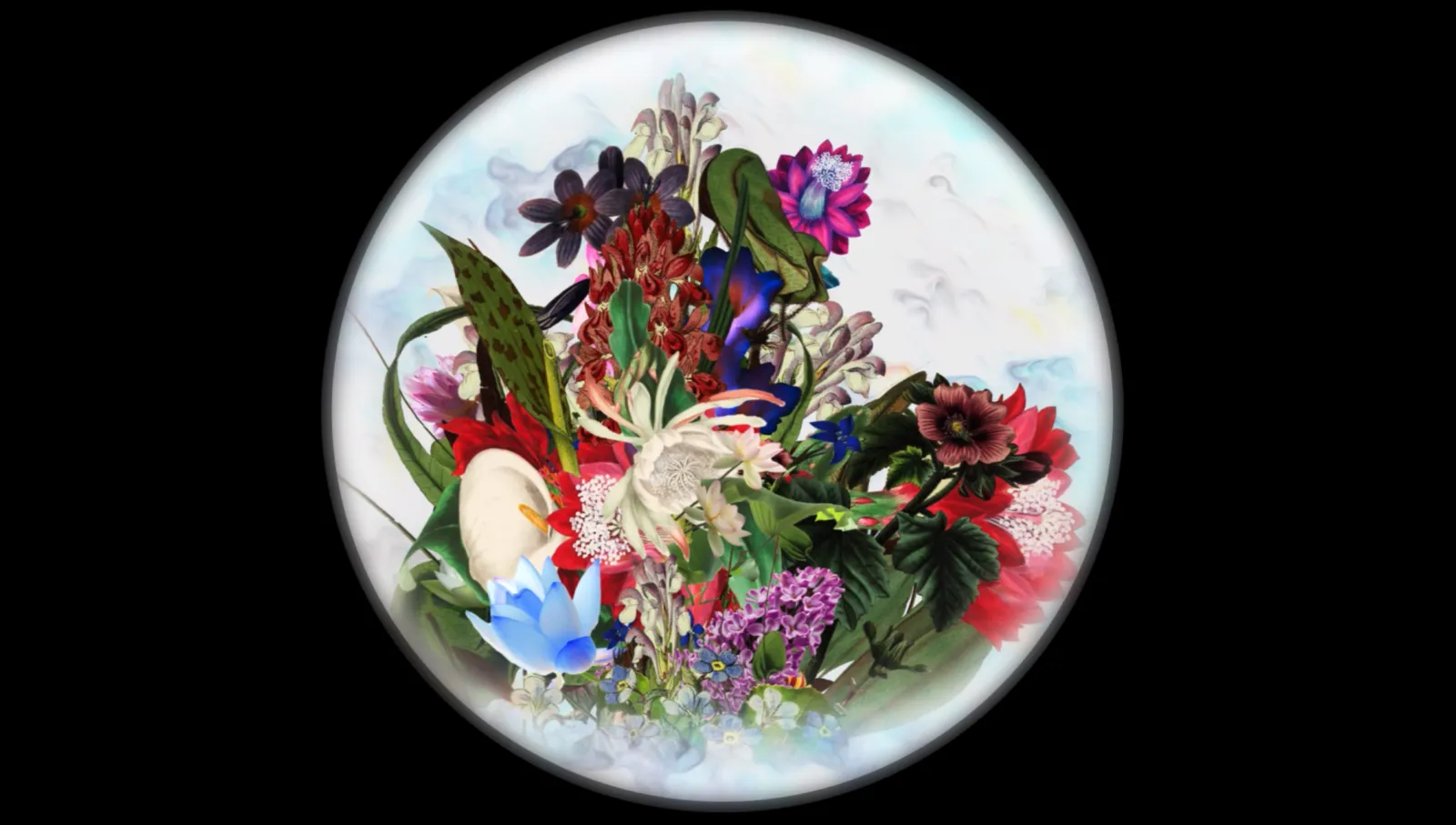
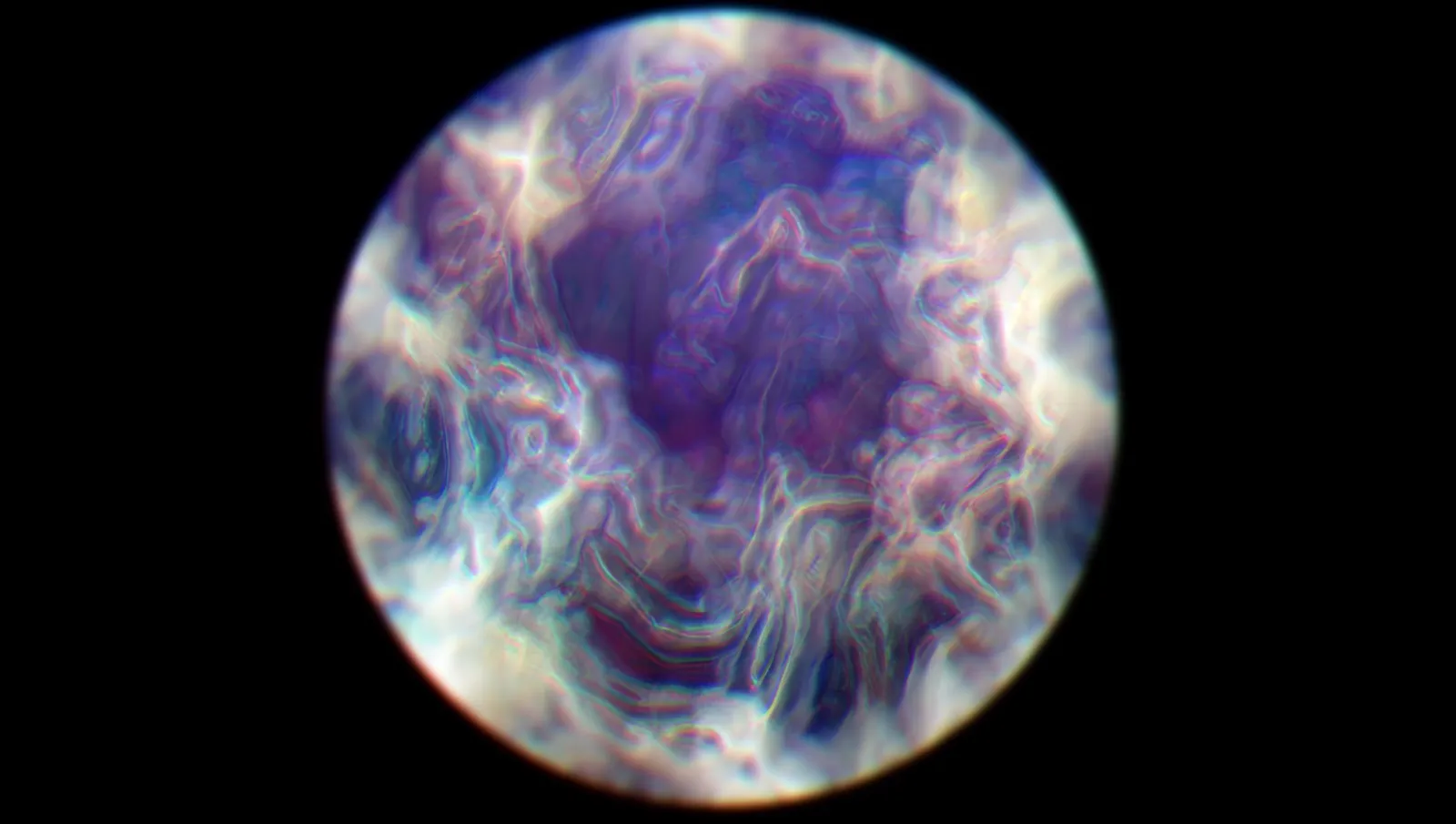
At one point, Xavier took the plunge and he decided to develop his own stories. He made shorter documentaries, some of which were nominated and selected for film festivals. He is now working on long-term projects, including an audiovisual platform and a feature documentary. His intention: to find and touch upon inspiration and depth and imparting this to the audience and viewer.
We asked Xavier to react to some quotes by industry greats.
“The art of storytelling is reaching its end because the epic slice of truth, wisdom, is dying out.” – Walter Benjamin
For me a good story characterizes the moral or the message that you can take from it; sometimes it is purely visual, sometimes it is an underlying idea. You can fully empathize with it, so to speak. According to Benjamin, you can only provide guidance, so to speak, if it is built on wisdom. Now, of course wisdom is a rather big word, but I do agree to it on a certain level. Being able to tell stories is a strength. It is an ancient profession, a task that you must perform with full commitment. Something you have to be really good at. A good story has the power to put a spell on its listeners. Luring them into the experience you create. Getting them hooked on what you tell and visualize.
However, this is exactly where the danger lies. If you’re a good storyteller, you can get people to believe whatever story, as long as you tell it convincingly. Unfortunately, there are enough examples nowadays in which the message of a story no longer has so-called ‘moral value’ but has other, darker intentions which leave a nasty aftertaste. Telling stories unfortunately doesn’t just bring people together. It also creates a schism, which is what has been happening recently.
I think that’s what Benjamin means by “reaching its end”. If a message no longer ‘enriches’ but has been diminished to purely flat commerce (or worse), what is storytelling still worth?
Personally, I do not share Benjamin’s gloomy point of view. My added value in creating a story is to strive for a certain aesthetic. This can be on a purely autonomous and visual level, but sometimes I attempt to purposefully create a narrative. Research into my subject is an important part of my process. I don’t want to be biased but I try to look at the subject from different angles. Even if I may not agree with every point of view. Take for example the documentary I’m currently working on. I’m depicting the story of a mineworker. The documentary follows the story of a large open-pit mine that ravages the lives of the people living in a nearby village.
If I’d only follow those villagers, the narrative would probably give you an insight that you’d easily empathize with anyway. To me however, it’s essential to also provide an alternative approach. Only in that way I can get closer to unraveling dilemmas that I’d want to dive into, providing a deeper level to my story.
“My obsession has been – and is still – the feeling of being there. Not of finding out this and analyzing this or performing some virtuous social act or something. Just what’s it like to be there.”—Richard Leacock
What Leacock exactly means by ‘there’, I’m not sure. However, I can find myself completely in this statement. How often do I not notice that the creation of a movie is completely taken over by tasks such as writing, analyzing and researching. I mean, I get it. You need a solid base to build your movie on. But I believe that ‘simply starting and seeing where it’ll take you’, is what it’s all about as a creative right?
There are two quotes from artists which really inspire me: “I’m just messing about” by Karel Appel and “Ich arbeite an die Wiederverzauberung der Welt” (I am working on re-enchanting the world) by Neo Rauch.
I’ve never really been a big fan of Appel’s work. However, the more I get fascinated by the conceptual side of. things, the more I start to see him as an example. Don’t get stuck in endless meetings or lose yourself in how to phrase something. Just do.
Rauch’s work has always inspired me, but his way of thinking perhaps even more. I find the essence of his quote so true. Working on re-enchanting a world which might be limited way too much by checklists or the correct way to do certain things… A creative mind or the creative industry at large suffer greatly from this. Especially by the neo-liberal wrecking ball that has bashed our society several times in the Netherlands. Everything must have a reason. Everything must be completely nailed down and closed of. It’s rather suffocating. Liberty, absurdity and giving way to experimental urges are things that I deem extremely important. It took me quite some time to dare to ignore the conventions of current times or the fears that come with functioning within a society.
Overcoming this has given me a lot, but I still notice that there are many hurdles left to overcome, to get where I want to be as a creative. But I believe I’m on the right track. 🙂
“To be a filmmaker, you have to lead. You have to be psychotic in your desire to do something. People always like the easy route. You have to push very hard to get something unusual, something different. ”- Danny Boyle
Yeah, I can agree to this. First of all, the film industry is not an easy place. It’s difficult to find your place and get connected. This is also one of the reasons why I teach. I want to prepare my students for the road they’ll have to face after they graduate. When I was studying myself, I just assumed that everything would kind of fall into my lap. Naive perhaps. But that’s how I felt at the time. These days I learn from the ups and downs life gives me. I consider them as essential experiences. You have to give way to the inspiration that reigns within you. Give it the time and space to develop. In a time where everything has to be finished yesterday and everybody is rushed, I try not to lose focus and refuse to give in to the pressure that society puts on us. Pressure kills your creative process as well as the final products that derive from it. Taking your time is essential.
When I work on a project, I don’t give up. I dive into the deep and allow my passion to guide me. How frustrating long-term projects may be, they often provide the most beautiful and intriguing stories. My projects vary from autonomous animated images for patients, to feature length documentaries or a project in which I unravel the stories behind heritage through creative applications. These examples show me that even though they seem to take forever and can me rather frustrating, I’m continuously building something which ultimately creates added value. Something that wasn’t there before. To me it’s really important that when I look back on my work, I don’t see a life in which I followed the rules, kept my head down and worked according to the standards that were imposed on me. I want to be proud of how I was able to give way to my creativity and carved a path for myself.